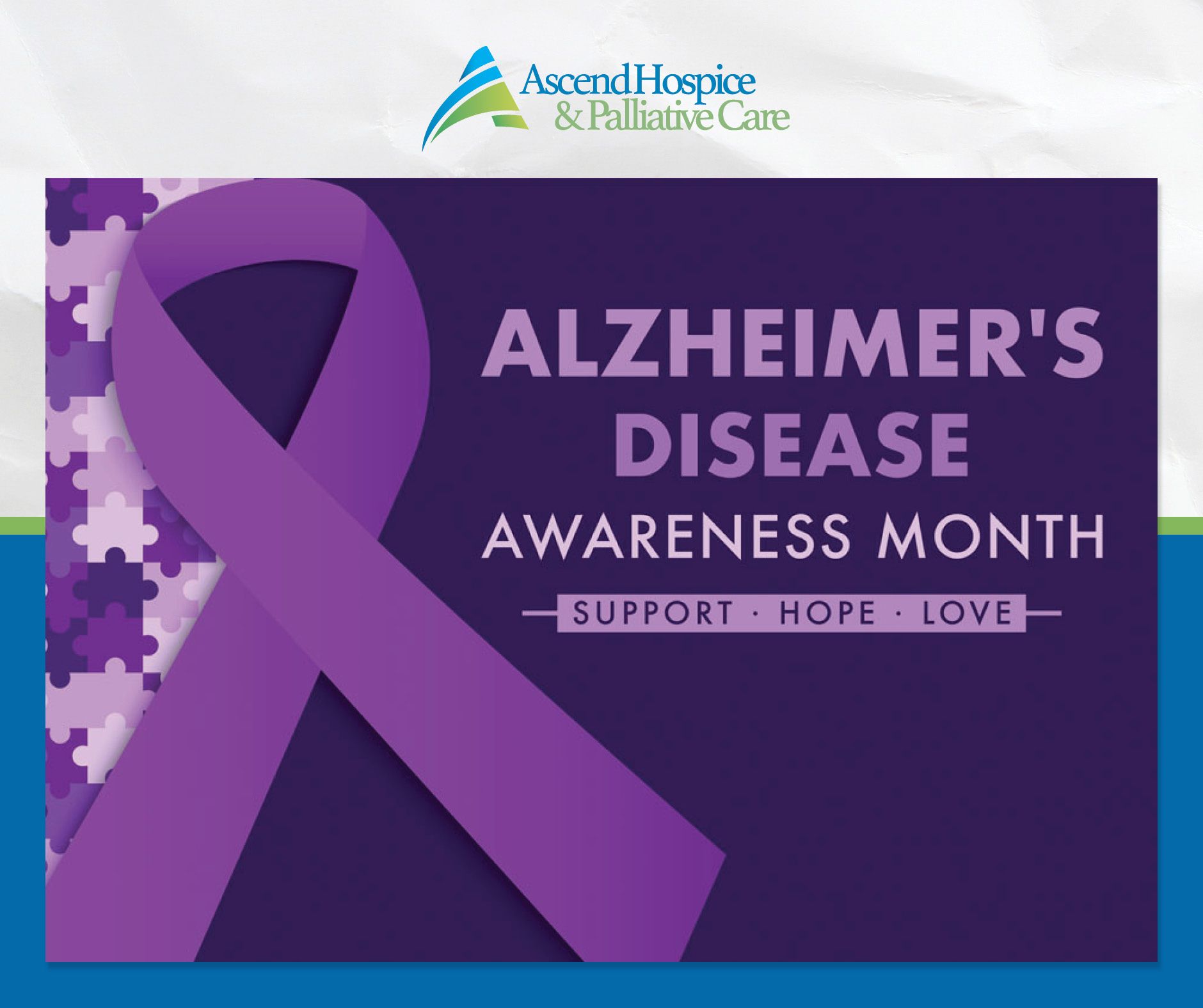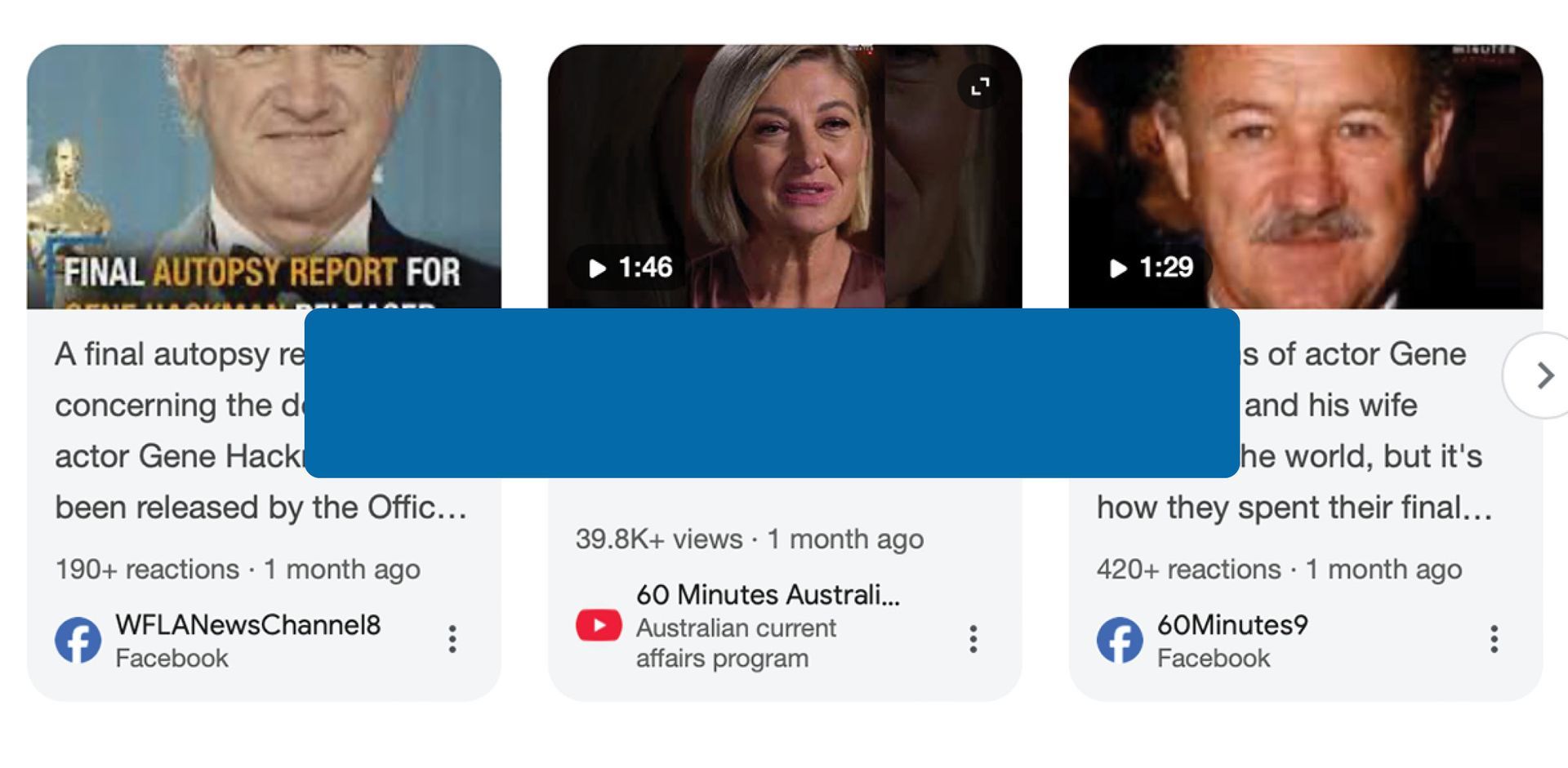How Ascend Helps Families Cope With COPD
Caring for a loved one with COPD can be challenging and knowing when to align help can be challenging as well. Even more difficult is learning when to consider hospice for COPD. It is a progressive condition, and it’s important to ensure a loved one gets the right level of care and comfort. Ultimately the focus shifts from curative treatment to comfort and quality of life. Here are signs to watch for that may help in-home caregivers know when to consider hospice for COPD:
1. Frequent Hospitalizations or Emergency Room Visits
• If a loved one has had repeated hospital stays due to COPD flare-ups, especially within the past six months, this could indicate that their condition is progressing despite treatment.
2. Increased Shortness of Breath
• When a loved one is struggling with severe breathlessness even at rest, or if daily activities like walking to the bathroom or eating become extremely difficult due to shortness of breath, this could indicate that it’s time to consider hospice for COPD.
• If a loved one requires more frequent or constant oxygen therapy to maintain adequate oxygen levels, this could suggest worsening lung function. A persistent need for oxygen 24/7 is a significant sign of decline.
4. Weight Loss and Muscle Wasting
• Significant unintentional weight loss, muscle wasting, and general weakness are common in advanced COPD. This often results from the body working harder to breathe and loss of appetite.
5. Frequent Infections
• Recurrent respiratory infections, such as pneumonia or bronchitis, can indicate that the lungs are less able to fight off infections and recover fully, which could signal that the disease is progressing.
6. Difficulty Swallowing or Eating
• In advanced COPD, a loved one may struggle to eat due to shortness of breath, leading to malnutrition. Difficulty swallowing, coughing when eating, or choking are also concerning signs.
7. Severe Fatigue and Lack of Energy
• Exhaustion and the need to rest after minimal activity or even while sitting or lying down is a strong indicator that a loved one’s body is nearing its limits.
8. Chronic Pain or Anxiety
• Those coping with end-stage COPD may experience chronic pain due to strained muscles from labored breathing, or anxiety and panic from struggling to breathe. Ascend can help manage these symptoms.
9. Increased Medication Needs
• If a loved one’s need for medication (especially rescue inhalers, nebulizers, or corticosteroids) has increased without significant improvement in symptoms, this is a sign that the illness is advancing.
10. Decline in Mental Awareness or Cognitive Function
• Decreased oxygen levels can affect brain function, leading to confusion, forgetfulness, or difficulty concentrating.
11. Loss of Independence
• Needing help with basic activities of daily living, such as bathing, dressing, or toileting, is a sign that their condition is deteriorating, and they may benefit from hospice care.
12. Doctor’s Recommendation
• If a loved one’s physician has discussed a limited life expectancy or suggested that medical interventions are no longer effective in improving quality of life, it may be time to consider hospice.
In-home caregivers should communicate these signs with the loved one’s healthcare team to assess if hospice care is appropriate. The goal of hospice care is to provide comfort, manage symptoms, and offer emotional and spiritual support for both your loved one and the family during this stage of illness.
How can Ascend help in-home caregivers care for a loved one with COPD?
Ascend provides a valuable support system for in-home caregivers who are caring for a loved one with late-stage COPD. Our services are designed to enhance the quality of life and offer both practical and emotional support. Here’s how Ascend helps caregivers care for their loved ones with COPD:
Symptom Management and Medical Care
• Pain and symptom relief: Our teams are experts at managing the symptoms of COPD, which can include breathlessness, coughing, anxiety, and fatigue. They provide medications, oxygen therapy, and other treatments to help ease discomfort.
• 24/7 medical support: Our teams provide around-the-clock access to nurses and medical staff, so caregivers don’t have to manage sudden crises or escalating symptoms alone. This includes home visits or phone support for urgent concerns.
• Palliative care focus: The goal is comfort, not curative treatment. Seasoned professionals adjust medications to control symptoms without causing unnecessary side effects.
Caregiver Training and Education
• Proper care techniques: Our staff will teach you how to manage your loved one’s symptoms, like positioning to help with breathing or how to administer medications and oxygen.
• Emergency planning: Caregivers are taught how to recognize signs of distress or complications, such as worsening shortness of breath or anxiety, and how to respond appropriately.
Emotional and Psychological Support
• Counseling services: Ascend offers emotional support for both your loved one and the family. Coping with COPD’s progression can be stressful, and having professional counseling can help in-home caregivers cope with the emotional toll.
• Respite care: Ascend can arrange temporary relief for caregivers, to enable you to take a break while the our team temporarily steps in to care for your loved one.
Practical Assistance
• In-home nursing visits: Nurses or aides may visit to assist with tasks like bathing, grooming, or administering medications, easing the physical burden on caregivers.
• Medical equipment and supplies: Ascend provides necessary equipment, such as oxygen machines, hospital beds, and medications, making it easier to care for your loved one at home.
End-of-Life Planning and Bereavement Support
• Guidance on what to expect: Ascend prepares caregivers for the physical and emotional changes that come as COPD progresses and provides support through the most difficult moments.
• Bereavement care: Ascend offers grief counseling and support services when a loved one completes their final journey.
Ascend enables caregivers to focus more on spending quality time with a loved one rather than being completely consumed by being a caregiver. In-home caregivers can return to their familial role, while Ascend ensures the loved one remains comfortable and supported.
Need to know more about COPD?
Caring for a loved one with COPD?



